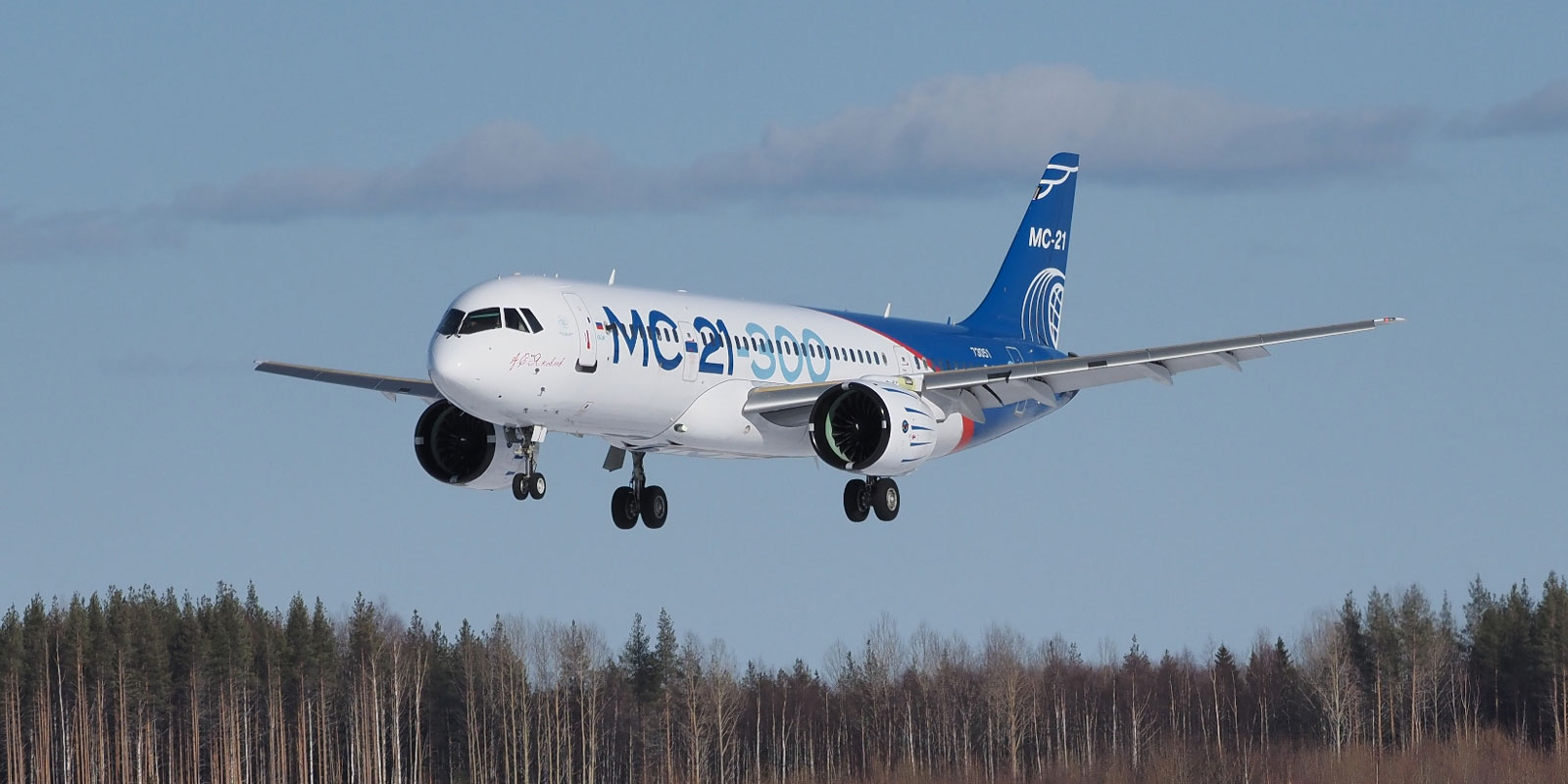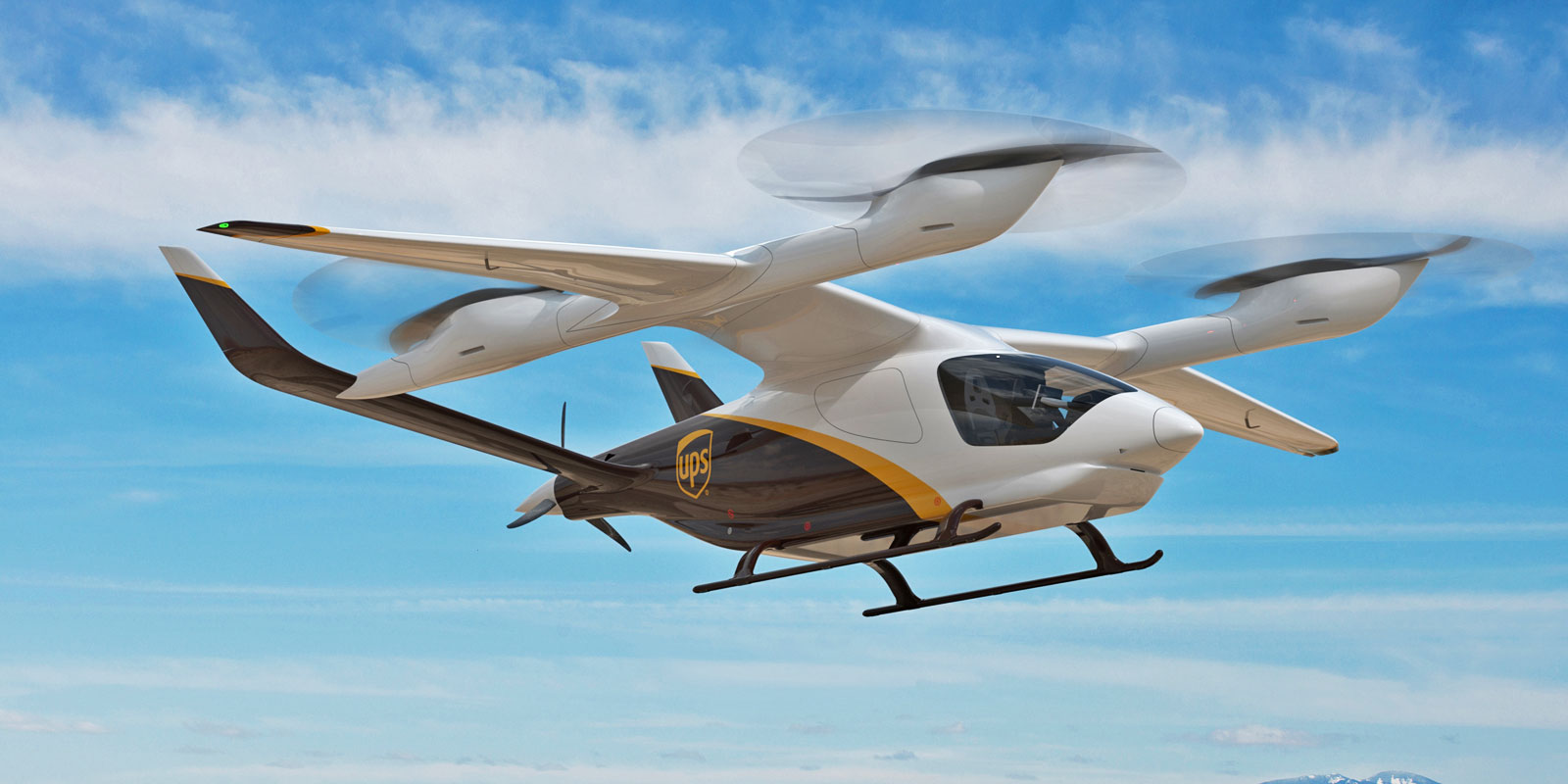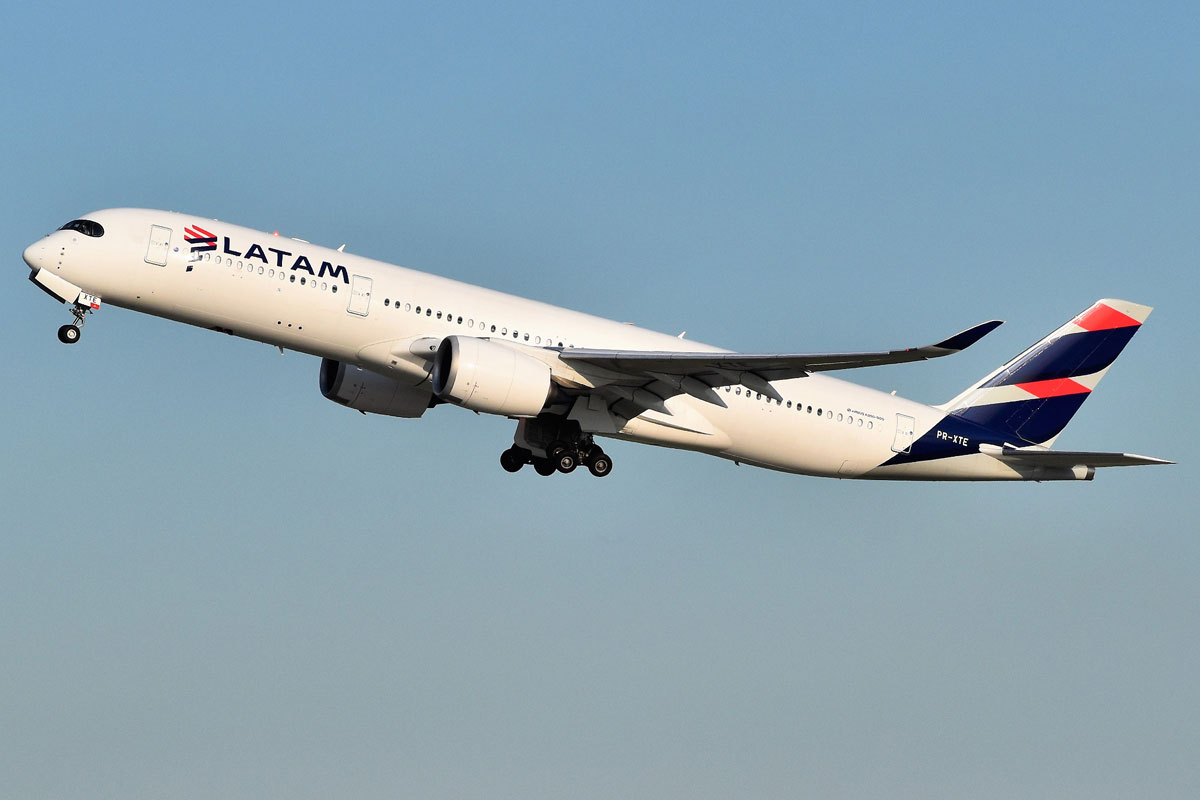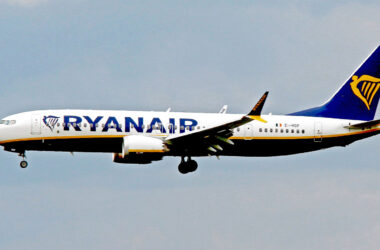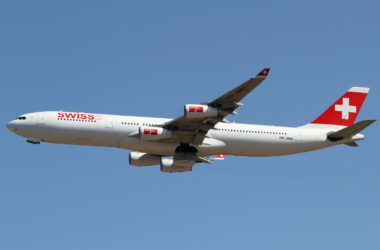The new Russian narrowbody jetliner MC-21-300 has successfully closed a series of test flights in natural icing, said UAC, the holding company that controls Irkut, the manufacturer of the aircraft.
The MC-21-300 had flown to Arkhangelsk Airport, off the White Sea coast, in March and since then it has carried out 14 flights lasting between 3 and 5 hours in locations like the Barents Sea Pechora Bay, south of Novaya Zemlya and the Subpolar Urals region.
According to UAC, the region has characteristics for testing natural icing in the spring due to the influence of the White and Barents seas. “The main danger from the ice is the distortion of the shape of the wing and other surfaces of the aircraft, as a result of which its flight performance can deteriorate significantly,” explained the company.
To assess the aircraft under these conditions, the crew seeks cloud formation with these characteristics to cause icing on the aircraft’s surfaces. The MC-21 then has its control and stability assessed as well as the efficiency of the anti-icing system.

The tests also include checks on the lighting, communication and landing gear system. Upon completion of the flights, the MC-21-300 registration 73051 returned to the Ramenskoye airfield in Zhukovsky.
UAC plans to obtain type certification of the commercial jet in 2021 in Russia, paving the way for the delivery of the first aircraft to Aeroflot thereafter.
The MC-21-300 has a capacity for up to 211 passengers and will be the first member of the Irkut family of narrowbody jets. The manufacturer also plans the MC-21-200, with up to 165 seats, and the MC-21-400, with a capacity for 240 passengers.




